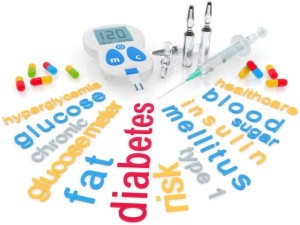 A recent survey found that younger adults were less likely to view diabetes as a serious condition, even though they reported knowing more about the disease.
A recent survey found that younger adults were less likely to view diabetes as a serious condition, even though they reported knowing more about the disease.
According to a survey from the pharmaceutical company Sanofi US, only 74 percent of millennials (those ages 18 to 34) said they saw diabetes as a serious health concern, compared to 84 percent of older adults.
Surprisingly, that same group also reported knowing more about the disease than older adults. According to the survey results, 74 percent said they were well informed about diabetes, compared to 64 percent of older adults, who said that they had some knowledge of disease.
Despite that perceived knowledge, however, millennials were more likely to be fearful about some key aspects of diabetes â especially pricking their fingers than older survey responders.
They were more fearful of insulin, as well, and 54 percent of millennials said that being prescribed insulin would be the âend of the road,â compared to just 36 percent of older adults.
With high levels of education and unprecedented access to information, millennials have the means to know more about diabetes than any generation in history,â said Elissa Violino, a registered dietitian and certified diabetes educator at Sanofi, in a press release.
Still, they along with other age groups need to be provided with additional educational tools to reduce their risk of developing diabetes, especially as the disease becomes more common among younger people, she added.
It is estimated that 25 million people have diabetes while 80 million people have pre-diabetes.




